Eswatini
UNICEF Goodwill Ambassador David Beckham travelled to Swaziland this week to inspect works on the David Beckham UNICEF ’7 Fund’ which is supporting and protecting HIV-positive children.
During his visit, Beckham also saw how a severe drought is threatening to wreak havoc on the lives of children and families.
“I'm speaking out for these children to make sure they are not forgotten” David #Beckham7 on his visit to #Swaziland pic.twitter.com/LA12BacSzd
— Unicef UK (@UNICEF_uk) June 9, 2016
In the Lubombo region in the east of the kingdom of Swaziland, his meeting with Sebenele, a 14 year old living with HIV, was one of the most moving moments of the visit.
“ I feel very proud to be in Swaziland to see how the money raised through the 7 Fund is helping to keep vulnerable children affected by HIV and AIDS healthy and safe. Many of the children I met, some of whom were the same age as my own children, had lost one or both parents to AIDS and are themselves now living with HIV. As a father of four, it was hard to hear their stories about the daily challenges they face, which are now being made so much worse by this devastating drought,” David Beckham said.
Beckham continued: “Children who are already incredibly vulnerable because of HIV are now at risk from a new crisis that could have a devastating impact on their lives. Across Eastern and Southern Africa millions of children are at risk from hunger, water shortages and disease. I am speaking out for these children to make sure they are not forgotten at a time when they so desperately need our help. I am urging the global community to do all it can to help UNICEF deliver the life-saving food, medicine and clean water that these children so desperately need,”
A series of climatic shocks in 2014 and 2015 ruined harvests and depleted water sources, with one of the most powerful El Nino weather events in 50 years exacerbating drought across the region.
The scale of the current crisis is unprecedented with food crises happening in tandem across 10 countries in the region, affecting some 26 million children.
In photos: David #Beckham7 meets children in #Swaziland affected by drought https://t.co/DOUuGlNZgI pic.twitter.com/HJ2tIUbese
— Unicef UK (@UNICEF_uk) June 8, 2016
UNICEF is working with governments and partners across Eastern and Southern Africa to reduce the impact of the drought and to provide life-saving humanitarian assistance, but urgently needs US$226 million in 2016.
Latest figures show:
- 31.6 million people, including 16 million children, will require food aid in 2016 across southern Africa.
- 19.5 million people, including 10.5 million children, will need food assistance this year in eastern Africa; Ethiopia alone has 10.2 million people affected, including near on 6 million children.
- Over one million children across the region are being targeted for severe acute malnutrition treatment this year, with cases doubling in Angola, Malawi and Zimbabwe when comparing figures from 2015.





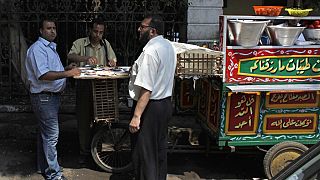
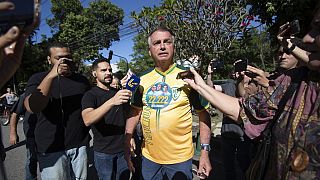
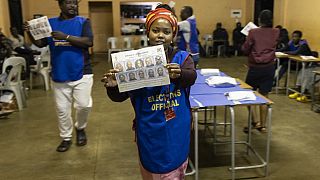
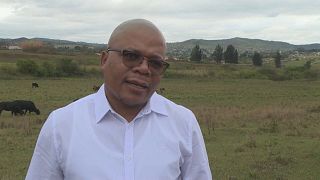
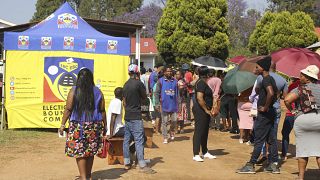
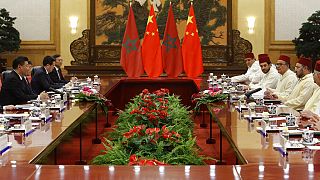
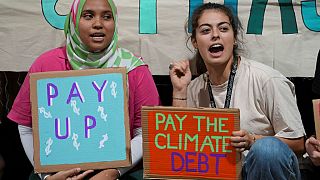
01:28
Dozens of health workers on trial in Turkey accused of causing infant deaths
00:58
Egypt says its working to halt Israel's 'aggression' on Lebanon
01:22
Cases of new mpox strain more than double among children in DR Congo and Burundi
Go to video
Anglican Church leader cornered in child abuse scandal
01:02
Sudan rolls out malaria vaccines to bolster efforts to protect children
02:19
Thousands of refugees in Uganda struggle to get by, amid cuts in humanitarian aid